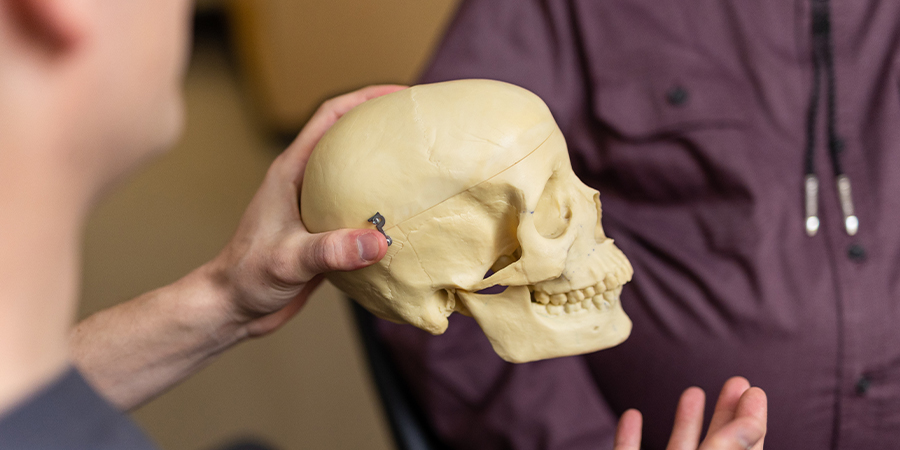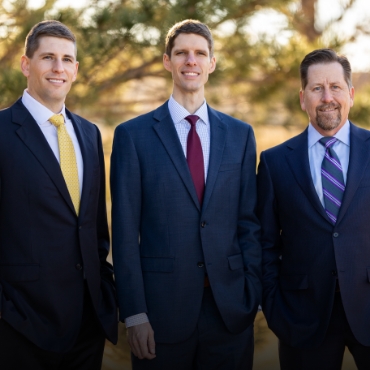
A jaw defect may affect the aesthetics of your smile and the functionality of your bite. In some cases, it can even cause difficulty chewing or result in chronic pain. Surgical intervention is often the best solution for jaw defects, either congenital or acquired. Mid-Kansas Oral & Maxillofacial Surgery has a proven track record performing successful jaw surgery procedures for patients throughout the community.
The Benefits of Jaw Surgery
Depending on the exact nature of your jaw deformity, surgical intervention may help in a number of different ways:
- Making it easier to chew, bite, swallow, and eat
- Correcting difficulties with speech
- Minimizing undue wear on the teeth, and preventing premature tooth breakdown
- Remedying issues such as overbites, crossbites, and open bites
- Correcting issues that result in facial asymmetry
- Relieving the pain associated with TMJ disorders
- Repairing issues that contribute to obstructive sleep apnea
Ultimately, jaw surgery can be both functional and aesthetic, restoring balance to your jaw and confidence in your smile.
Our Process for Corrective Jaw Surgery
The surgical process will vary by patient and condition, but there are a few general guidelines about our approach.
The First Steps
When you join us in one of our two locations, we will first sit down for a consultation. During this appointment, you can expect your surgeon to perform a brief physical evaluation, review images of your teeth and jaw, and ask you some questions about your medical history. This is also a great opportunity to ask any questions you may have about your main goals or the surgical process itself.
The Surgery
For the safety of the patient, jaw surgery is generally performed in a hospital operating room. Your surgeon will have a detailed discussion about the surgery and post-operative recovery process during your pre-surgical consultation.
Jaw surgery is usually performed inside the mouth, which means there are no evident external scars. Depending on the nature of the defect, your surgeon will make precise cuts in the bone to allow repositioning of the teeth into their ideal positions. These bone cuts are pre-planned on a 3D planning software program to ensure an accurate and predictable result.
Typically, jaw surgery is just one step toward rehabilitation. You will likely need to receive ongoing treatment from your orthodontist following the surgery, ensuring that your teeth are properly aligned with your jawbone.
Recovery Phase
Following your surgery, you will be provided with clear directions for aftercare, including instructions about what you can eat, how to maintain oral hygiene, and when you can resume normal activities. You will also be provided with options for alleviating any pain or discomfort during your recovery.
The specifics of recovery can vary from one patient to the next, and it is always best to check with your surgeon about any specific guidelines you need to follow. The right aftercare is essential for preventing infection or other complications to ensure a fast and complete recovery.
You’re in Good Hands with Mid-Kansas OMS
Jaw surgery can provide you with full function and improved aesthetics, ultimately boosting your confidence as well as your quality of life. As you consider corrective jaw surgery, selecting an experienced surgeon is key.
Our surgeons have many years of collective experience performing jaw surgeries of different kinds at our practice. Contact us to schedule a jaw surgery consultation in at (316) 722-0800.


